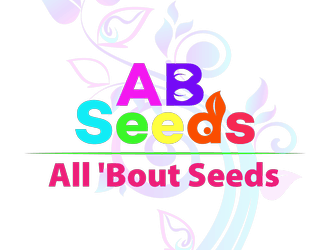SQUASH-SCALLOP-EARLY WHITE
SQUASH-SCALLOP-EARLY WHITE
A$3.20
Out of stock
Cucurbita pepo
SQUASH-SCALLOP-EARLY WHITE are flying saucer shaped fruits that look like they will soon spin right out of your garden. Kids love the look of these great squashes and make it easier to get them to eat them. Scallop white bush is born on productive bushes that bear all summer long if picked regularly. Easy to grow & unbothered by most insects. Creamy, tasty texture makes these squashes great for many dishes.
Sow seed directly into the garden or pots. Plant seeds 15mm deep covering with fine soil. Plant in the sunny location in rich, well-drained soil. Keep fairly well watered & fertilize monthly, but avoid constant over watering and continual use of high nitrogen fertilizers. An outstanding easy to grow summer squash. For continued harvest, pick fruit regularly when young.

| Germination Time (Days) | 6 – 18 |
| Harvest Time (Days) | 50 – 90 |
| Sowing Depth (mm) | 15 |
| Plant Spacing (cm) | 60 – 100 |
| Row Spacing (cm) | 90 – 100 |
| pH | 5 – 7.5 |
| Soil Temperature (°C) | – |
| Hardy / Frost Tender | Frost Tender |
| Sow Direct / Raise Seedlings | Sow Direct |
| Seed Preparation | – |
Scoville Heat Units (SHU)
Plant Height
30 - 45 cm (1 - 1.5 feet)
Season of Interest
Summer
Temperature Range
18 - 30 °C
Determine / Indeterminate
Annual / Perennial / Biennial
Annual
Frost Hardy / Tender
Frost Tender
Full Sun / Part Sun / Shade
Full Sun
Sow Direct / Raise Seedlings
Sow Direct
Soil
Fertile, well-drained soil
pH
6.0 - 7.0
Soil Temperature
18 - 24 °C (65 - 75 °F)
Seed Preparation
None required
Sowing Depth
2.5 cm (1 inch)
Plant Spacing
60 - 90 cm (24 - 36 inches)
Row spacing
90 - 120 cm (36 - 48 inches)
Watering
Moderate
Germination Time (Days)
7 - 10 days
Harvest Time (Days)
50 - 60 days
Good Companion Plants
Corn, Beans, Nasturtiums
Bad Companion Plants
Potatoes
Pests
Squash vine borers, Aphids
Diseases
Powdery mildew, Bacterial wilt
More About Us
ABSeeds is an Australian owned business trading under the umbrella of Direct Compost Solutions which is owned and managed by Victoria Brun.
We as a company endeavor to provide to the public, Organic, Old Fashioned, Heritage, and Open-pollinated seeds that have not been genetically modified.
We purchased the business in November 2018 and renamed it to ABSeeds (All ‘Bout Seeds) to make the title shorter and represent what we hope to achieve with this business in the years ahead.
Seeds that we can’t grow ourselves we will acquire from people who grow for us, or we may purchase seeds from reputable heritage seed companies.







